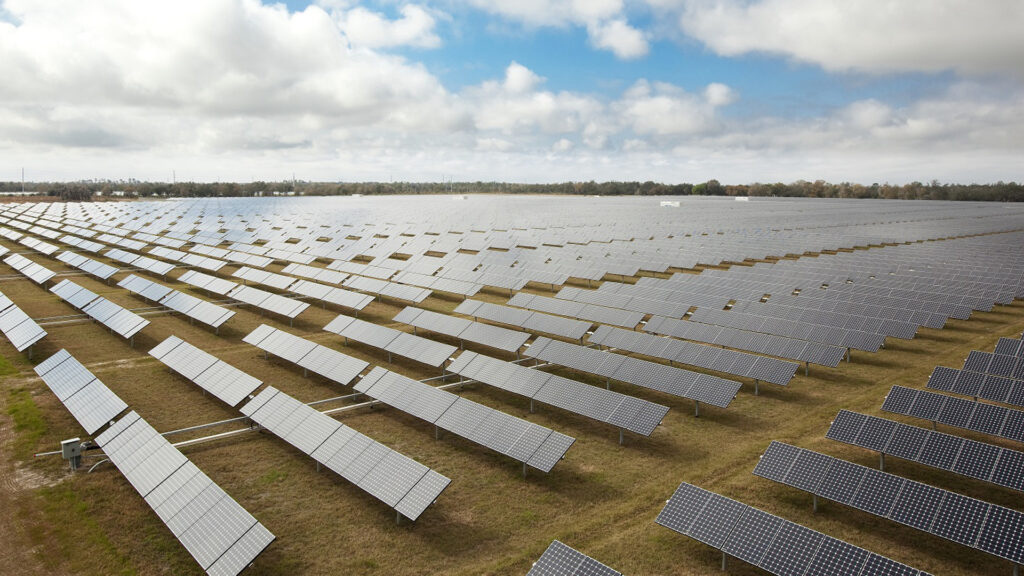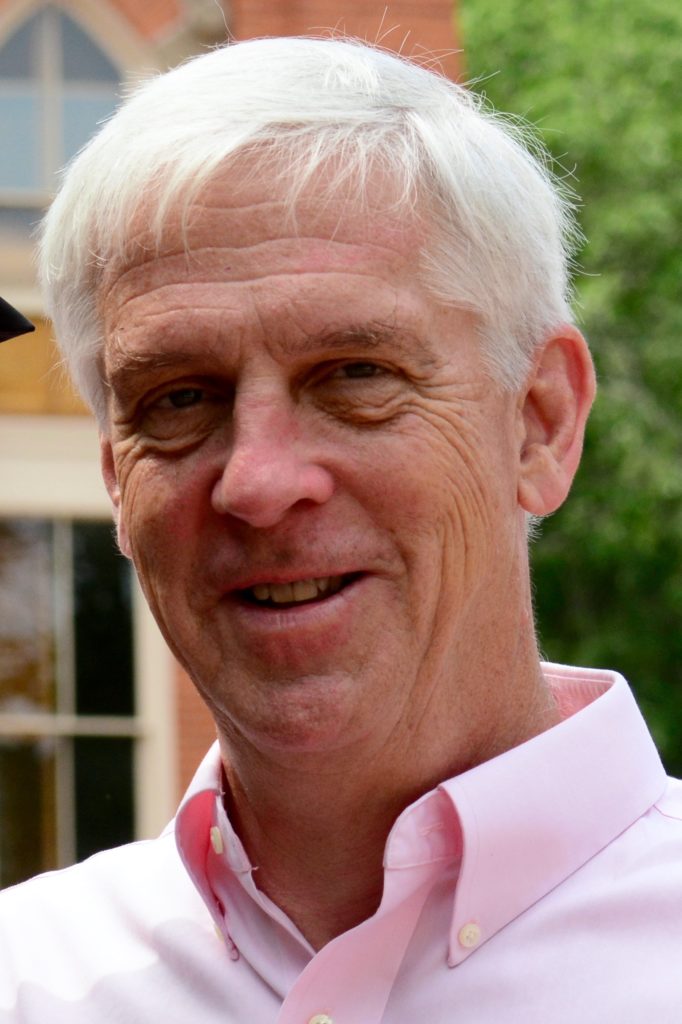By John Burr, Jacksonville Climate Coalition
There has been serious pushback recently challenging the viability of clean, renewable energy.
Much has been made of electric vehicle sales in the United States topping out as motorists turn away from EVs.
And the CEO of Saudia Aramco, whose company sells more oil than any other, tells us that the world’s transition to clean energy “is visibly failing on most fronts.”
Nice try. Neither is true.

J.D Power projects that EV sales will increase by 63% this year in the United States, faster than the 50% increase in sales in 2023. Construction of EV charging stations is also growing quickly.
And check this out: U.S. government figures show that 94% of the new electricity generation built in 2024 will rely on green energy. That’s right, electrical power without burning fossil fuels and without the release of climate-warming carbon dioxide.
Burning natural gas, which today accounts for the biggest single source of fuel used in U.S. power plants, only accounts for 4% of the new generating capacity being added in 2024.
Clearly, the transition to clean energy is gaining strength. Solar power makes up 58% of this year’s new electrical power, battery storage 23%, wind power 13% and nuclear power 2%. For residential solar home systems, Florida had the third most in the country installed last year.
The reasons are clear. Renewable, clean energy is cheaper than burning natural gas and coal. Federal subsidies are part of the reason, a steady improvement in the solar, wind and battery technologies is another and there’s this: Green fuels – sunlight and wind – are free.
The bigger question: Why are the falsehoods about the faltering of green energy so common?
Clearly, the head of Saudia Aramco wants to sell as much oil and gas as possible for as long as possible. And there are strong economic and political players who would love to slow down the adoption of electric vehicles and maintain our reliance on burning fossil fuels.
Perhaps important, people are relying on outdated information — people making powerful decisions that impact cities, states and regions.
The Jacksonville Electric Authority, for example.

The JEA is leaning toward construction of a $1 billion natural gas-burning plant to supply a big slice of Northeast Florida’s electrical demands for decades to come. Natural gas costs money; burning natural gas causes air pollution and contributes to climate change.
The JEA isn’t alone in stubbornly clinging to natural gas. Electric utilities, particularly in the Southeastern United States, are citing fast-growing electricity demand as the reason to lean on natural gas in the future.
Yet clearly, from the U.S. government figures cited above, electric utilities across the country are moving toward solar, wind and battery storage when building new generating plants.
Cheaper and cleaner options than another natural gas plant are available. The JEA is owned by the city of Jacksonville, in other words, the people of Jacksonville. It’s time for the people to speak up.
John Burr is the editor of the Jacksonville Climate Coalition newsletter. Click here to subscribe to the group’s biweekly newsletter featuring climate issues on the First Coast and across Florida.
If you are interested in submitting an opinion piece to The Invading Sea, email Editor Nathan Crabbe at ncrabbe@fau.edu. Sign up for The Invading Sea newsletter by visiting here.




It’s going to be a long, tough slog, John.